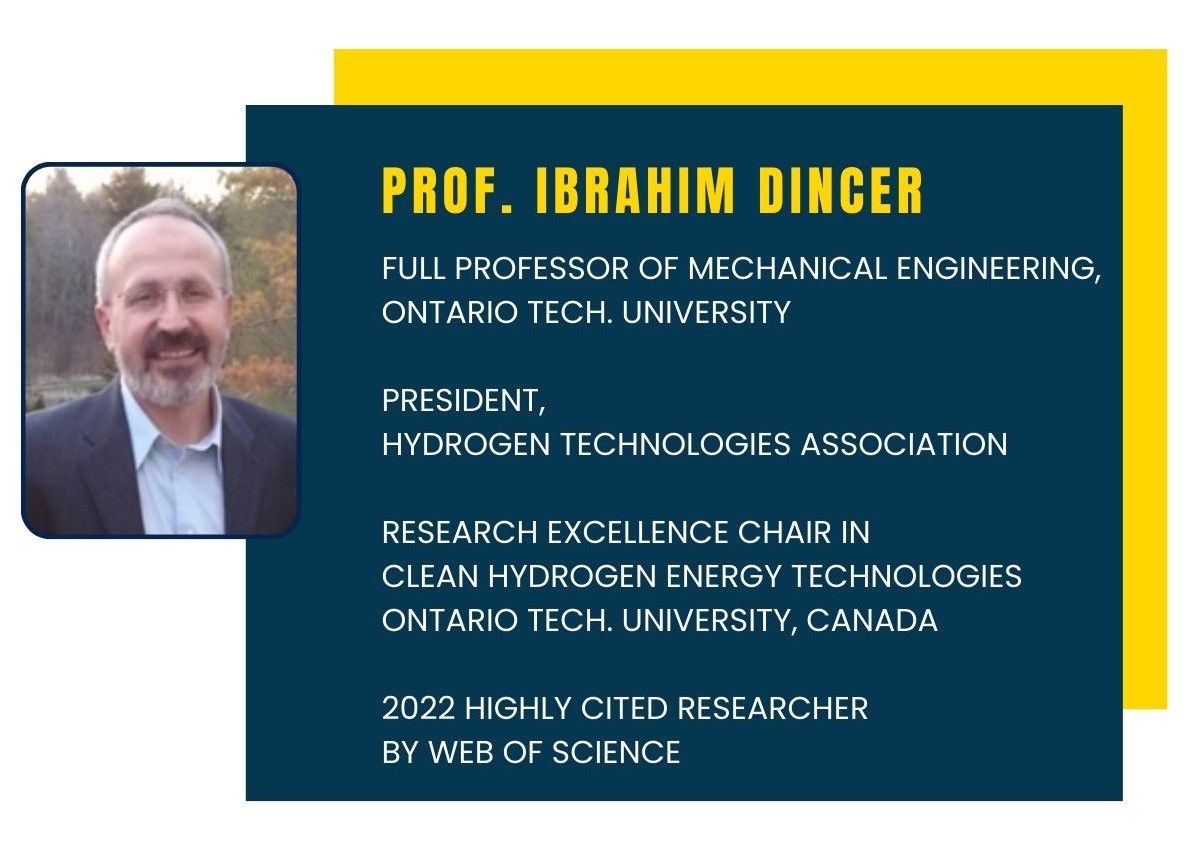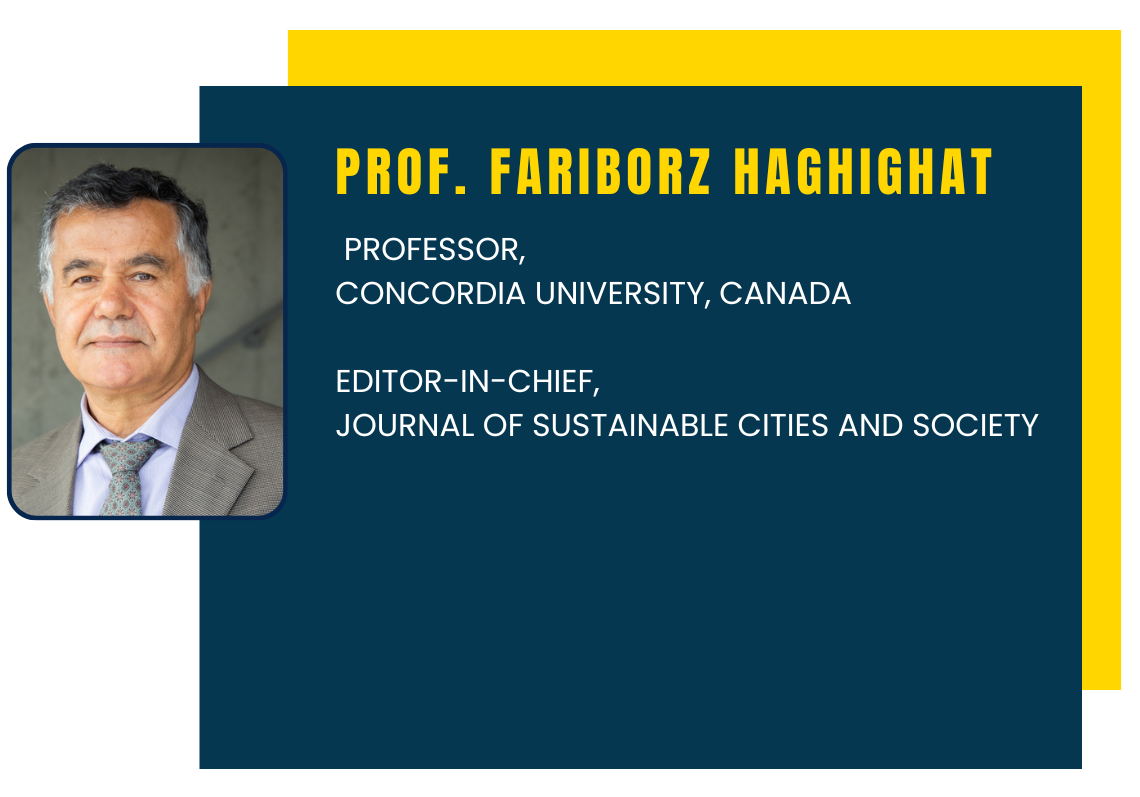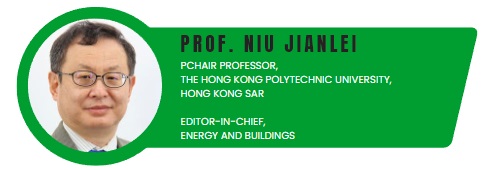


We will update soon. Stay tune!
Professor Ibrahim Dincer
Professor Ibrahim Dincer is a full professor of Mechanical Engineering at Ontario Tech. University. Renowned for his pioneering works in the area of sustainable energy technologies he has authored/co-authored many books and book chapters, along with many refereed journal and conference papers. Dr. Dincer has chaired many national and international conferences, symposia, workshops and technical meetings. Dr. Dincer has delivered many keynotes and invited lectures. Dr. Dincer is an active member of various international scientific organizations and societies, and serves as editor-in-chief, associate editor, regional editor, and editorial board member on various prestigious international journals. Dr. Dincer currently serves as President for Hydrogen Technologies Association in Turkey and Chair for Energy Working Group in Turkish Academy of Sciences. Dr. Dincer is a recipient of several research, teaching and service awards, including the Premier’s research excellence award in Ontario, Canada. During the past nine years he has been recognized by Thomson Reuters as one of the Most Influential Scientific Minds in Engineering and one of the most highly cited researchers. During the past 25 years Dr. Dincer’s research and activities have been diverse and primarily focussed on sustainable energy solutions, sustainable communities and cities, district energy systems, green buildings, renewable energy technologies, energy storage technologies, hydrogen energy technologies, and waste to energy technologies. His group has developed various novel technologies for commercialization. He is known for his engineering education related talks as a committed educator.
Professor Fariborz Haghighat
Professor Fariborz Haghighat is a professor at the Department of Building, Civil and Environmental Engineering – Concordia University, Canada. He joined Concordia University in 1986 after conducting his post-doctoral research at the Institute for Research Construction, the National Research Council of Canada. Professor Haghighat’s research aims to achieve sustainability in the built environment. His current research focuses on the fundamental of heat and mass transport in the built environment, and on its applications in the design and analysis of energy-efficient, healthy/immune, and sustainable buildings/communities.
Professor Haghighat is the co-founder of the International Conference on Indoor Air Quality, Ventilation and Energy Conservation in Buildings (1992), one of the most prominent international conferences in this field. A Fellow of ASHRAE and of the International Society of Indoor Air Quality, and Concordia Research Chair in Energy and Environment; in 2019, Dr. Haghighat was named Distinguished University Research Professor at Concordia University. In 2020, he was awarded as an honorable member of the Society of Heating, Air-Conditioning and Sanitary Engineers of Japan.
Professor Haghighat is the Editor-in-Chief of the International Journal of Sustainable Cities and Society, Co-Editor of the International Journal Energy and Built Environment, and editorial board member for numerous journals. He led two international research projects sponsored by the International Energy Agency on the topic of Energy Storage, “Applying Energy Storage in Buildings of the Future, ECES Annex 23” and “Integration of Energy storage with energy efficient buildings and districts: Optimization and Automation”, ECES Annex 31.


Yinping Zhang, professor of Dept. of Building Science, Tsinghua University, Beijing, China. He is the director of Beijing Key Laboratory of Indoor Air Quality and the director of Test Center of Building Environment, Tsinghua University. He got his Bachelor, Master and Ph.D degrees in University of Science and Technology and China during 1980-1991.
He has published over 10 books or book chapters, over 280 papers in international journals. His h index is 64 (WoS Core Collection). He has given over 20 plenary/keynote speeches at International Conferences, including four Inter. Conf. of Indoor Air (Copenhagen, Denmark, 2008; Hong Kong, China, 2014; Ghent, Belgium, 2016; Seoul, Korea, 2020, online).
He is a fellow of the Academy of ISIAQ Fellows (2008-present) and the Secretary (2018-2020), vice-president (2020-2022) and president (2022-2024) of the Academy, the Chairman of Association of Indoor Environment and Health of China (2017-2026), Associate Editor of Energy and Buildings, member of the editorial board of Environmental International, Indoor Air, Sustainable City and Society. He is one of the Co-EICs, Handbook of Indoor Air Quality, SpringerNature (2023).

Professor Jianlei Niu is currently Chair Professor of Building, Environment and Energy, and associate director of Otto Poon Charitable Foundation Smart City Research Institute, at the Hong Kong Polytechnic University. His technology contributions are in a broad area linking thermal and fluid sciences with building environment control and have won him numerous awards. He won twice the prestigious ASHRAE distinguished lecturer – sponsored by AHRAE to give lectures in five member countries. He was invited to co-author WHO design guidelines 2009 “Natural ventilation for infection control in health care settings”. He was awarded by SHASEJ the Uichi Inouye Asia International Award in 2024. His research on human-oriented outdoor thermal environment evaluation and optimization design won the Excellence Award of APEC INPUT2(The “Innovating for Public Urban Technology Transformation Competition”) in 2024, which is organised by China and funded by the Asia-Pacific Economic Cooperation (APEC). He is ranked World’s Top 2% Scientists Released by Stanford University. He was awarded the fellowship by three leading societies, ASHRAE, ISIAQ and IBPSA. He is now an editor -in- chief of the Elsevier journal Energy and Buildings, and a member of Engineering Panel of Hong Kong Research Grant Council.
We will update soon. Stay tune !


Innovative Solutions for Better Environment and Sustainable Development